Cheese is loved by people of all ages. It makes all kinds of delicious dishes or it is included in cheese platter to welcome our guests with. How long hard cheeses generally last and how to preserve them for a longer time, you will find out in this advice.
We all know that cheese is made from milk. It can be a cow, sheep or goat milk. For this reason, as well as with production and some other components, cheeses are divided into hard, semi-hard and soft. Here we will talk about hard cheeses.
Hard cheeses have a fairly dense texture. There are no holes in them. This is due to the fact that hard cheeses are produced under pressure within 6 months. Such cheeses are Parmesan, Gouda, Vityaz, Dutch and many others.
What determines the shelf life of hard cheeses
Like any other product, cheese has its storage conditions. Storage also depends on what the cheese is. However, there are other factors that can keep cheese fresh longer.
Before you buy cheese, you should know its characteristics. Low temperature is not a good factor for cheese storage. Because of the high humidity mold appears on the cheese. The shelf life of packaged cheese cut into pieces is very short, so it should be eaten within 3 days. If you want to keep the cheese for longer, there are some conditions for this:
The first thing, of course, is not to buy more than you can eat. The shelf life of the cheese, even if it is opened, is 2 months, and if it is bought cut, the shelf life is even less. Cheese should always be stored wrapped in the refrigerator or in containers to preserve it for a longer time. Hard cheeses last longer. However, you must observe the storage conditions.
Hard cheeses last no more than a month. You should regularly check for mold or spoilage on the hard cheese. In order for hard cheese to last longer, the following conditions must be met:
- There must be high air humidity - 90%, so it is good to store hard cheese in plastic bags, not in paper;
- The air temperature should be from 3 to 10°C, hard cheeses do not like cold;
- The place where the hard cheese is stored should be well ventilated, there should not be other products with very strong odors around the hard cheese.
Read more: is it good to eat blue cheese?








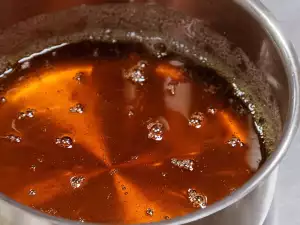



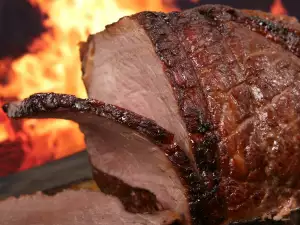
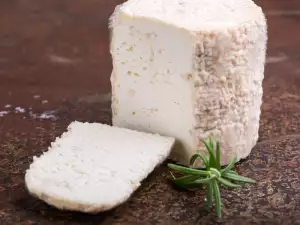
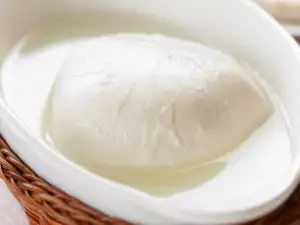
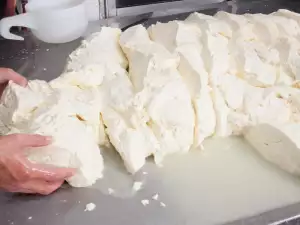



Comments